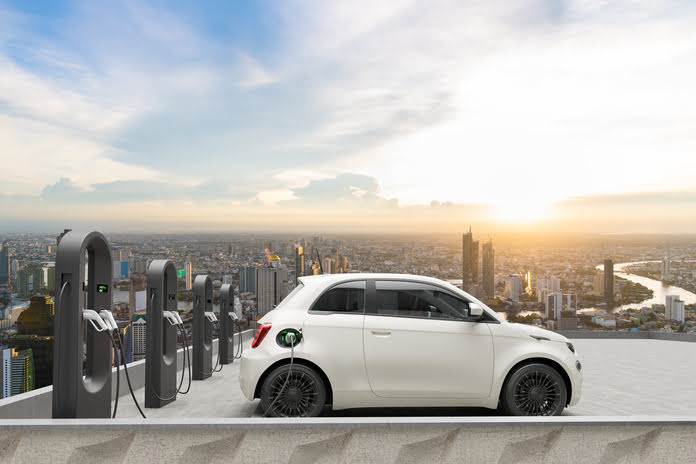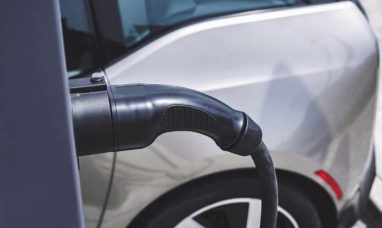The China Passenger Car Association (CPCA) reported a significant 17.8% decline in sales of Tesla’s (NASDAQ:TSLA) China-made electric vehicles (EVs) in November, compared to the same period last year. The sales figure stood at 82,432 cars, marking the most substantial drop since December 2022 when Tesla’s China-made EV sales plummeted by 21%. This reduction occurred as the U.S. automaker adjusted production levels and cut prices to manage increased inventories and weakened demand.
Despite the overall decline, deliveries of China-made Model 3 and Model Y vehicles showed a 14.3% increase from October, offering a silver lining amid the challenging sales environment.
In contrast, Chinese competitor BYD (002594.SZ) achieved a milestone, setting another record with 301,378 passenger vehicle deliveries in November. This represented a 0.09% increase from October and a notable 31% surge from the same period last year. BYD’s Dynasty and Ocean series of EVs, along with petrol-electric hybrid models, contributed to its strong performance.
Tesla, facing heightened competition in the world’s largest auto market, has been working to maintain its position. CEO Elon Musk’s engagement in a charm offensive in China, including a meeting with Chinese President Xi Jinping during the APEC summit in San Francisco, was part of the effort. President Xi expressed support for Tesla’s development in China, and Musk acknowledged the rapid progress in the country’s new energy vehicle sector.
Tesla’s influence in the Chinese EV market has faced challenges, with its share dropping to 5.78% in October from 8.7% in September, as per Reuters’ calculations based on CPCA data. A price war initiated by Tesla earlier in the year has involved more than 40 brands, contributing to increased competition.
In response to the changing market dynamics and slowing EV demand growth in China, Tesla implemented five upward price adjustments since late October. Consumers in China are showing a preference for more affordable plug-in hybrids, even with the expanding range of battery-only vehicles.
Other players in the Chinese EV landscape, such as Li Auto (2015.HK), are gearing up for mass production and delivery of their first full EV, scheduled for February. Smartphone maker Xiaomi (1810.HK) has also taken steps toward EV production, with a unit of automaker BAIC Group (1958.HK) seeking regulatory approval to build two Xiaomi-branded cars.
Featured Image: Pexels














